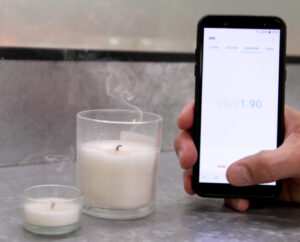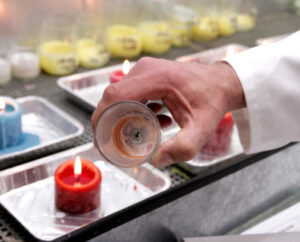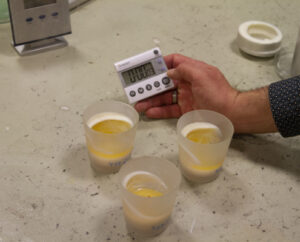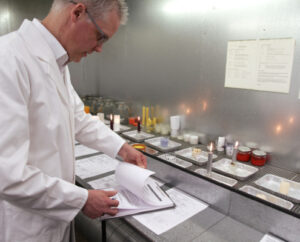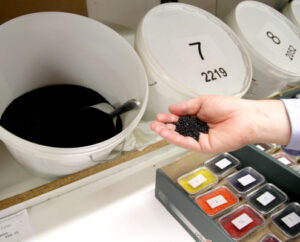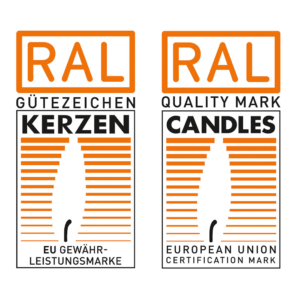quality-certified raw materials!
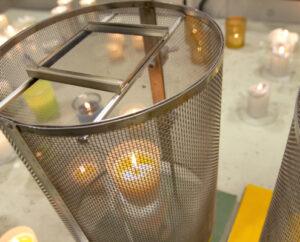
These specific quality assurance and test specifications apply to candles indoors. Candles are burned in a container, made for example of metal, glass or plastic. The container prevents the fuel from escaping.
Maxilights have a mostly cylindrically shaped wax corpus with typical dimensions between 55 and 60 mm in diameter and between 20 and 30 mm in height.
Maxilights may also be described differently commercially, e.g. as jumbo candles, medilights, deco candles, etc.
Within this scope, the “Candles” product needs to meet the requirements of the Quality Mark for Candles.
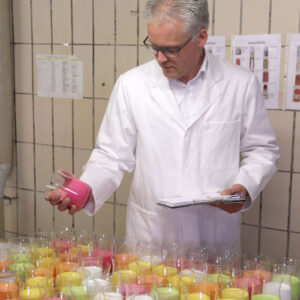
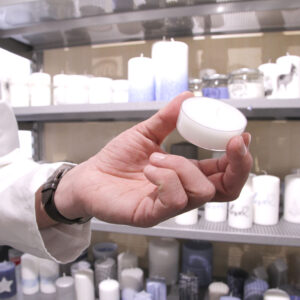
When viewed without technical aids, the surface of the fuel must be free of impurities.
The wick must be centred. Exception: multi-wick candles.
The fuel of a candle is in a rigid container. The container must not be significantly deformed, destroyed or ignited by the flame.
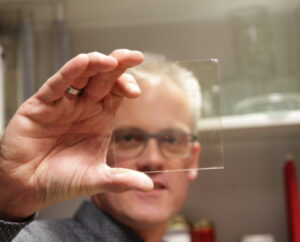
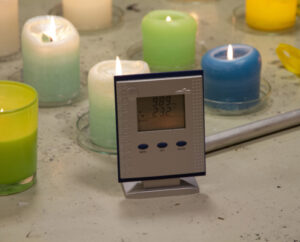
The flame must burn without producing visible soot.
After the flame has been extinguished, the tip of the wick will normally glow slightly; this is associated with some release of smoke. This process must be completed within 20 seconds.
The flame may extinguish itself at the end of the burning process only when there remains just a small amount of fuel in the container.
Visual inspection
Test according to ASTM F2417 — 11 (5.4) (plastic container flammability test) (simplified as follows: containers are subjected to a defined flame for 10 seconds; after a further 30 seconds the flame must go out.)
To test burning, the temperature of the test room should be between 20°C and 25°C.
The room should be largely protected from drafts.
The burning process should take place on a heat-resistant, non-combustible support surface. The thermal conductivity of this surface should be as low as possible, so that its influence on the burning properties is as small as possible. Burning directly on surfaces such as metal or tiles is therefore not appropriate.
4 h of burning, at least 1 h break, burn until self-extinguishing.
For candles with a burn time of up to 12 hours:
3 h of burning, measurement of smoking time, immediate relighting, burn until self-extinguishing.
For all other candles:
4 h of burning, at least 1 h break, repeat until self-extinguishing.
4 h of burning, measurement of smoking time, at least 1 h break, repeat until self-extinguishing.
a) Visual
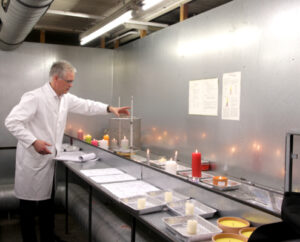
| No visible soot emission | requirement met |
| Candle emits sooty smoke | requirement not met |
